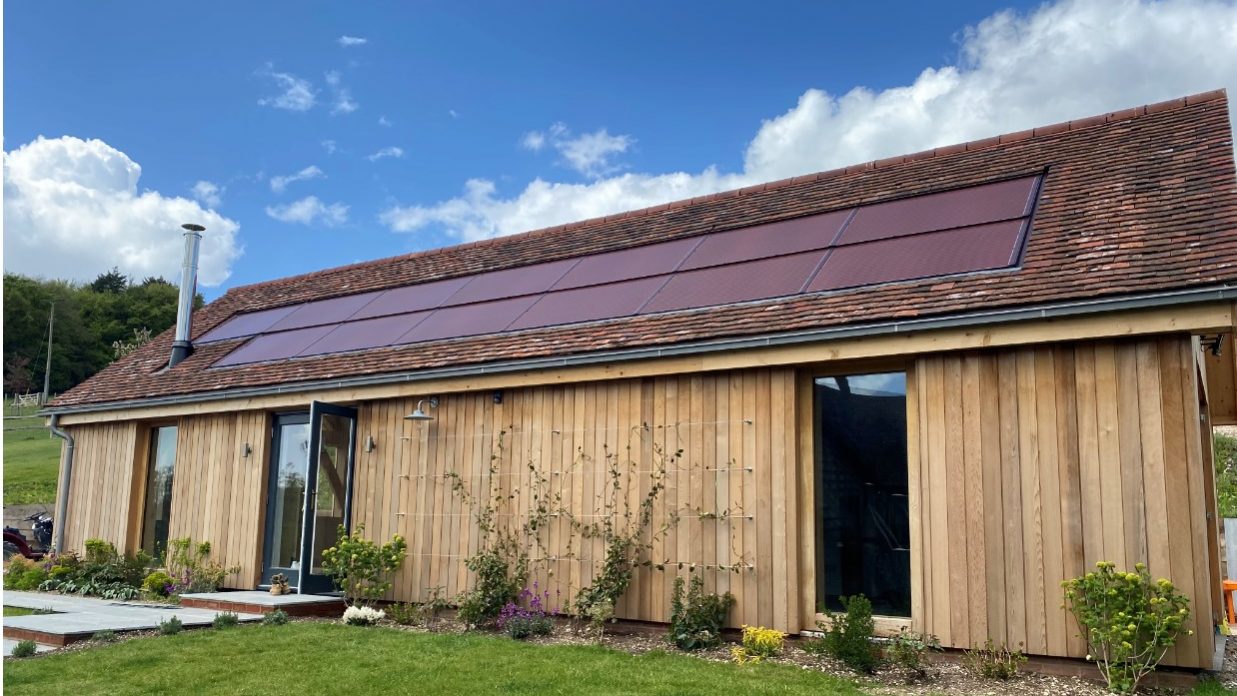Solar energy is becoming a go-to solution for sustainable power across the globe. It’s clean, renewable, and increasingly cost-effective. But beyond its obvious advantages, there’s a wealth of intriguing facts about solar energy that many people might not know. In this blog, we’ll dive into some fascinating solar energy facts that showcase its potential and highlight why it’s a smart choice for homeowners.
Solar Energy’s Surprising History
Did you know that the concept of harnessing the sun’s power dates back thousands of years? Ancient civilizations, including the Greeks and Romans, used passive solar designs in their architecture to maximize natural heating and lighting. However, the modern photovoltaic (PV) technology that we use today was developed much more recently.
In 1839, French physicist Alexandre Edmond Becquerel discovered the photovoltaic effect, which laid the groundwork for modern solar cells. Fast forward to 1954, Bell Labs created the first practical silicon solar cell, marking the beginning of solar energy’s commercial viability. Since then, advancements in technology have made solar panels more efficient and affordable, leading to their widespread adoption.
Solar Energy’s Environmental Impact
One of the most compelling reasons to switch to solar energy is its positive environmental impact. Unlike fossil fuels, solar power doesn’t produce harmful emissions or contribute to air pollution. By generating electricity from sunlight, solar panels help reduce greenhouse gas emissions, which are a major driver of climate change.
Additionally, solar energy systems require minimal water to operate, unlike traditional power plants that consume vast amounts of water for cooling. This makes solar power a crucial player in conserving water resources, especially in arid regions where water is scarce.
A typical residential solar panel system can offset roughly 100,000 pounds of carbon dioxide over 20 years. This is equivalent to planting about 2,500 trees. By choosing solar energy, homeowners can make a significant contribution to environmental preservation and sustainability.
Solar Energy’s Economic Benefits
Beyond its environmental perks, solar energy also offers substantial economic benefits. Over the past decade, the cost of solar panels has dropped dramatically, making it a more accessible option for many homeowners. According to the International Renewable Energy Agency (IRENA), the cost of solar power has fallen by about 82% since 2010.
Investing in solar panels can lead to significant savings on energy bills. Once installed, a solar energy system can generate free electricity for decades, reducing or even eliminating monthly utility costs. Many governments and local authorities also offer incentives and rebates to encourage solar adoption, further lowering the financial barriers.
Moreover, solar energy systems can increase property values. Homes equipped with solar panels tend to sell faster and at higher prices than those without. This added value can be an attractive benefit for homeowners considering future resale.
Myths and Misconceptions about Solar Energy
Despite its advantages, several myths and misconceptions about solar energy persist. Let’s debunk some of the most common ones:
- Solar Panels Don’t Work in Cloudy or Cold Climates: Solar panels can still generate electricity on cloudy days and in colder climates. While their efficiency might decrease slightly without direct sunlight, they can still produce significant power.
- Solar Energy is Too Expensive: While the initial installation cost can be high, the long-term savings and available incentives make solar energy a cost-effective solution. The declining cost of solar technology also makes it more affordable than ever.
- Solar Panels Require a Lot of Maintenance: Solar panels are highly durable and require minimal maintenance. Regular cleaning and occasional inspections are usually enough to keep them functioning optimally.
- Solar Panels are Bad for the Environment: The production of solar panels does have some environmental impact, but it’s far less than the impact of fossil fuel extraction and consumption. Additionally, solar panels generate clean energy for decades, offsetting their initial production footprint.
Talk to us
Are you ready to harness the power of the sun? Discover our range of solar energy solutions and learn how you can make a positive impact on both your wallet and the environment. For more information or to get started, contact us today!







